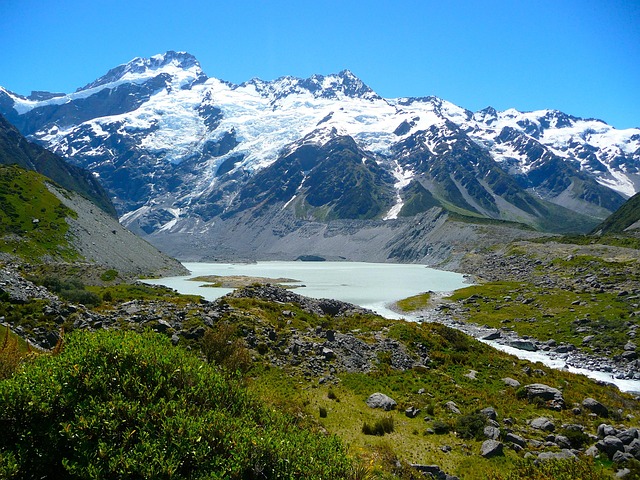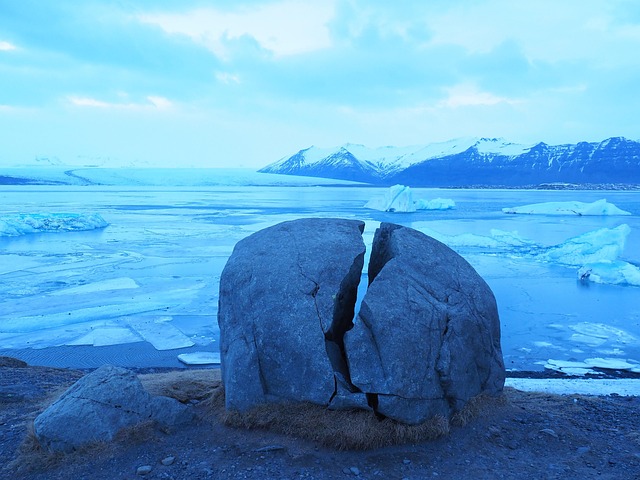Exploring the Impact of Meltwater Rivers on the Environment in the Era of Climate Change
Meltwater rivers, a term that evokes the imagery of glistening streams gushing down from retreating glaciers, serve as both a natural spectacle and a poignant reminder of the ongoing changes our planet is facing in the era of climate change. As glaciers continue to shrink and polar ice caps melt at alarming rates, these rivers are emerging as significant natural phenomena that shape both our landscapes and our ecosystems.
In many regions, particularly the Arctic and mountainous areas, meltwater rivers are vital for local flora and fauna. They provide essential water resources for wildlife and support various ecological systems. However, the rapid influx of meltwater presents a dual-edged sword. While it nourishes life, it also poses serious environmental hazards. Increased river flows can lead to flooding, erosion, and the destabilization of riverbanks, adversely impacting habitats and human settlements alike.
The surge in meltwater also accelerates the rate of sediment transport. This sediment, often laden with pollutants from various sources, can adversely impact water quality, making it more challenging for communities that rely on these rivers for drinking and irrigation. Furthermore, as meltwater rivers swell, they can alter the dynamics of aquatic ecosystems, potentially leading to the extinction of certain species while simultaneously encouraging the proliferation of others that thrive in warmer waters.
In the broader context of climate change, meltwater rivers represent a vital feedback mechanism. As glaciers recede, they reveal the underlying terrain and release trapped greenhouse gases like methane, exacerbating the very problem that leads to their melting in the first place. This cycle is a stark reminder of the interconnectedness of our planet’s systems and how climate change can destabilize not only our environment but also our societal structures.
The community response to the issues surrounding meltwater rivers has been varied. In rural areas, people have adapted by implementing water conservation practices as they remain acutely aware of the delicate balance of their ecosystems. Educational initiatives aim to teach younger generations about the importance of these rivers and their role in the cycle of life. Collaborative efforts between scientists and local communities are proving instrumental in developing strategies that minimize the negative effects caused by excess meltwater.
As we continue to witness the consequences of climate change, it is crucial to keep an eye on the health of meltwater rivers. These rivers not only reflect the state of our environment but also serve as indicators of the broader climate crisis. Monitoring their changes provides valuable insight into the health of glaciers and, by extension, the health of our planet. Only through acknowledgment and action can we hope to mitigate the far-reaching impacts that climate change brings, preserving our meltwater rivers and, by extension, our shared environment for future generations.
These enchanting rivers, pregnant with the promise of life as they sweep down from the ice, remind us of our fragile relationship with the Earth. They bring forth questions about our responsibility towards nature and prompt a deeper reflection on our role in combating climate change. As the glaciers continue to melt, we must rise to the challenge, fostering a sustainable future that cherishes and protects these natural treasures.



